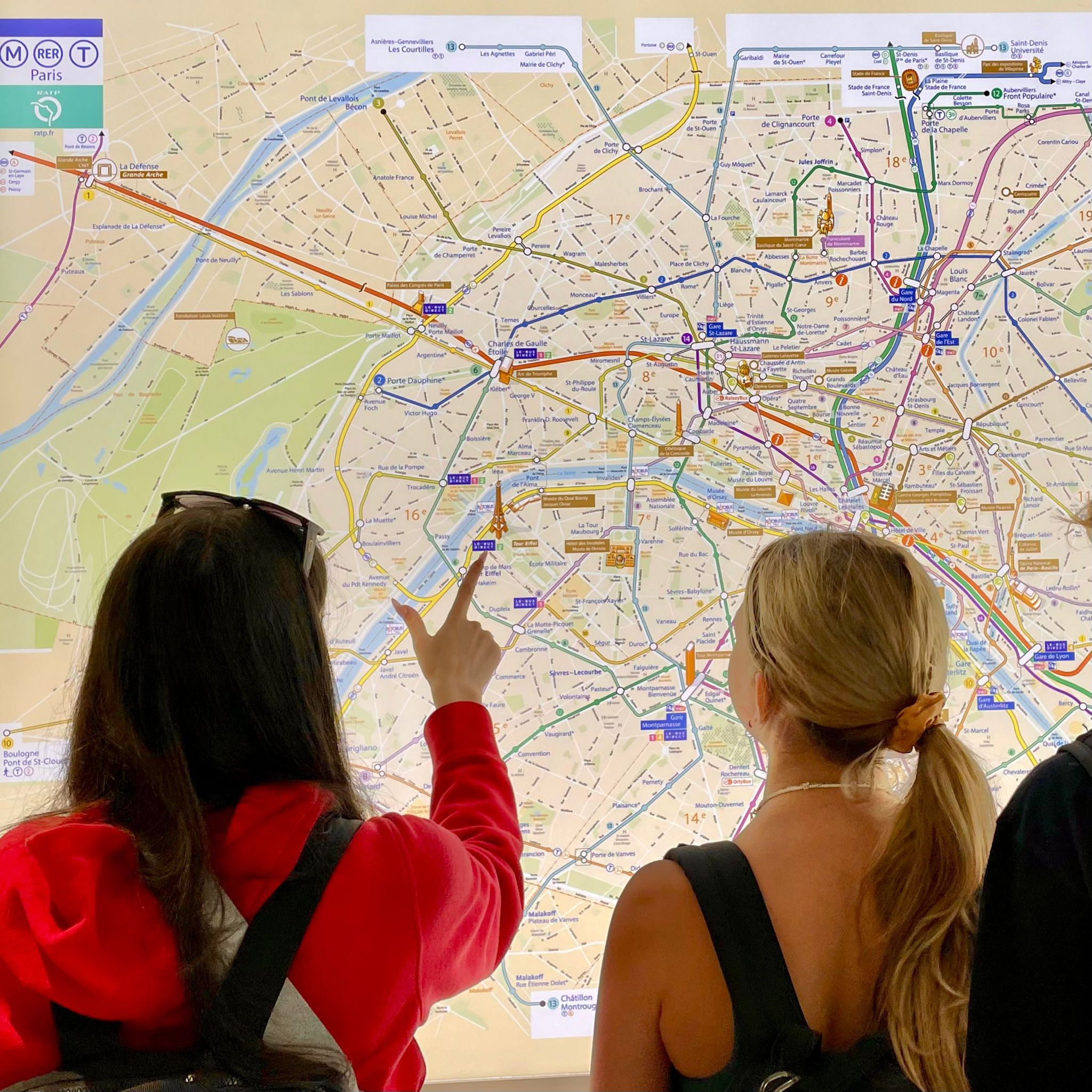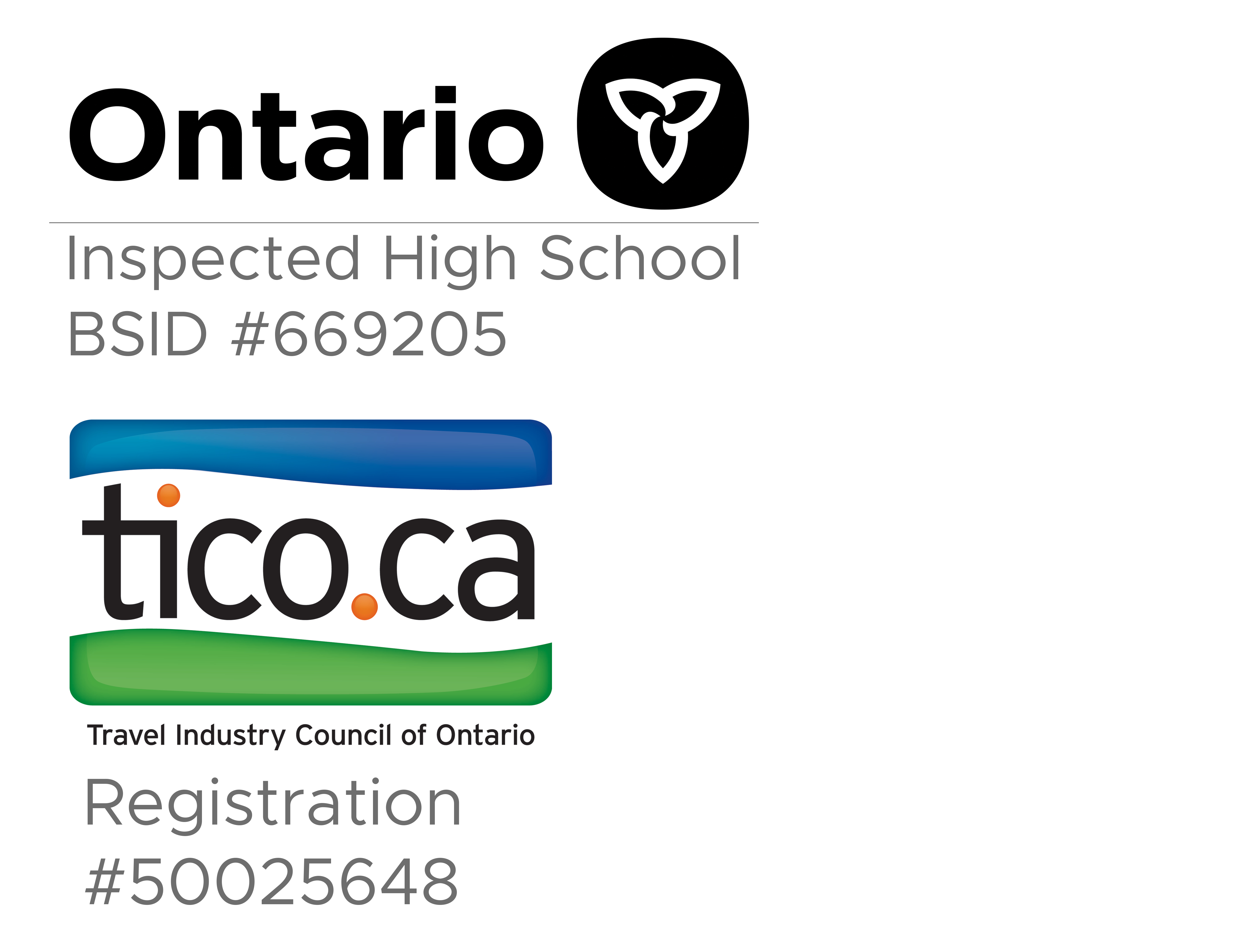When you are preparing to travel anywhere, there are many things to consider, such as insurance, accommodation, transportation, and food. However, you should also think about creating a budget so you don’t run out of money while you are away.
With summer abroad programs, your school will be able to give some insights as to what you are expected to do and what the school can provide while you are away.
For example, the school may be able to provide breakfasts and dinners, while you have to make arrangements for your own lunches. They may also pay for planned excursions at your destination, but free time is at your own expense.
In this blog, we will be discussing the best tips and tricks for managing your finances during your study abroad program. To learn more, keep reading head.
Contact Your Bank
This should be one of the first things you do for a few reasons. First, they can give you an idea of the exchange rate. While this won’t be accurate until the day you travel, they can advise on what the trend is. This can give you insight into how much your money will be worth when you convert it.
Second, advise the bank and credit card company (if you have one) that you will travel and provide the dates. This will prevent them from stopping your cards due to potential fraud activity in another country.
Third, find out the fees should you need to use your cards while away. Where possible, you should use cash; this is easier on your budget and helps limit overspending. Additionally, if the fees to use your cards abroad are too high, this is an incentive to keep them for emergencies only.
Understand the Cost of Living at Your Destination
Many websites and apps can show you estimates of what things cost in other countries. These may include dining out, grocery shopping, and various attractions. Combined with the exchange rate information, this can help you plan your daily spending estimates and overall budget.
Explore the Real Local Culture
Tourist areas are where you will typically find all the buzz and excitement. Such spaces aim to show tourists only a hint of the local culture, allowing them to sample various dining options and encouraging the purchase of overpriced items, for example.
By straying a little off the main path, you can explore the real culture of a place and even find off-the-map cafes and restaurants where you can taste the actual food of the region. These places are also a lot cheaper, as they usually cater to the locals as opposed to tourists.
Also, look into shopping at the local groceries rather than a big box grocery outlet. This will help when you budget for essentials, such as toiletries.
Accommodations
Where are you staying? Knowing where you are staying will help you when it comes to meals. If all meals are provided, any money allocated can be distributed elsewhere. However, if only one or two meals are provided, then you need to take into consideration spending more to purchase food.
Find out if there is a kitchen that you can use. Cooking and preparing your food will drastically reduce your costs. Just like at home, it is cheaper to make your own meals rather than constantly dining out. If your study abroad program lasts more than a week, then food costs will get expensive quickly if you dine out constantly.
Take Public Transit
This seems like a pretty simple piece, but it will save you quite a bit of money! Opt for public transportation such as the underground or buses, rather than taxis or ride share apps. Many locations also have the option to rent city bikes – another great opportunity to explore the city!
Downtime Options
Obviously, you won’t always be studying; there will be downtime where you can explore and do your own thing. Research the available activities. You can find out a lot about your destination online.
For instance, check out things like museums, local theatres, and shopping opportunities. Allow yourself an entertainment budget, and factor in travel costs such as for buses or cabs.
Many tourist destinations will offer student discounts. You should utilize this benefit where possible, as it will help save and improve your budget.
Look for Simple Souvenirs
Buying several souvenirs for yourself and others always seems like a mandatory thing to do when you travel. However, this doesn’t mean that you need to blow over your entire budget to get the most expensive things for every family member and friend.
Keeping souvenir items small, simple, and personal often means more to your loved ones. The fact that such items also tend to be the cheaper option doesn’t hurt the budget either.
Plan Ahead and Save
When you start researching online, create a spreadsheet or invest in a budget planner. This allows you to record the average costs for your destination. You can list each cost by category (such as entertainment, travel, and food). This way, you can easily see how much you should have available when travelling.
Label your priority items. Is it more important to have money for food over shopping, or would you like to spend more on excursions rather than gifts? Once you understand your priorities and their costs, you can start saving.
Fortunately, Global Summers Academy is here to help you with the summer study abroad program and course you’ve been dreaming about. Reach out today by calling us at 1-844-357-2621 and speak to one of our friendly and professional course leaders, or visit us online to find out more.













